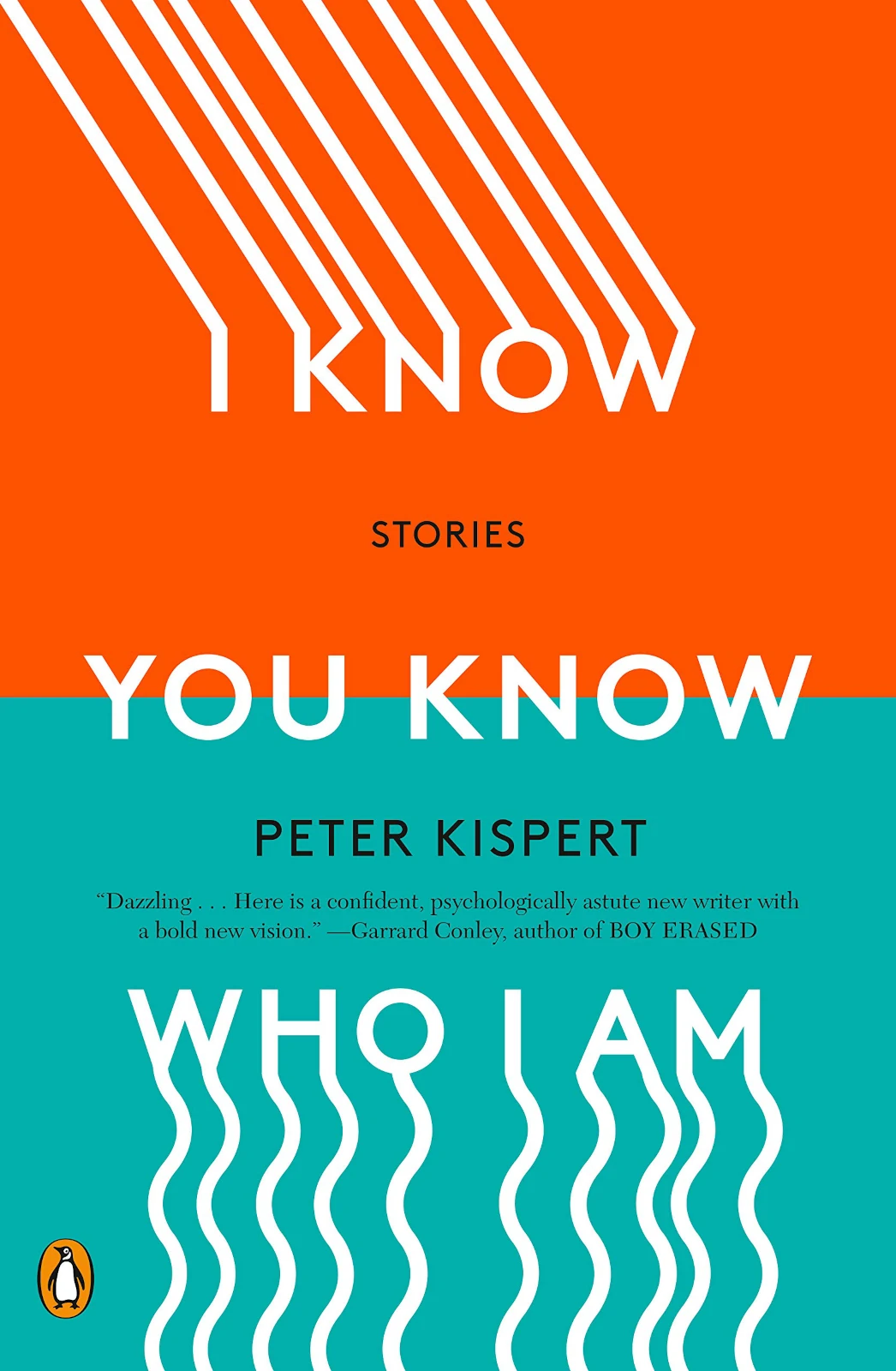
The Cycle of the Lovable Liar: A Review of I Know You Know Who I Am by Peter Kispert
Words By Meg Walters
Published February 11, 2020 by Penguin Books
The world is full of liars, pretenders and fakes. We know this to be true. We’ve all been complicit in our dishonesty culture once or twice. Your friend asks if those new plaid pants look okay, and you nod vigorously. Your coworker brings in a homemade fruitcake, gummy and under-baked, and after the first bite you nod, smile, tell them that it’s delicious. Then dump the plate once their back is turned. This masquerade is an almost commonplace part of our nature, these little lies we tell to keep the peace. But what happens when these little lies become more than that? When they become a rope that traps instead of connects? When they suffocate us?
This question is just one of many explored in Peter Kispert’s debut collection of short stories, I Know You Know Who I am. The book consists of twenty-one pieces, varying in length, that center on a wide array of characters. Ranging from actors to assistant lifeguards to aquarium employees to professional sword swallowers, the majority of these seemingly dissimilar people have one striking quality in common. They’re liars.
In several cases, the lies these characters tell are not merely embellishments; they are the fabric of life itself, the foundation of their existence. They are whoppers, the kind that society frowns upon and that any sane person would admit go too far. One character fakes his religion to win affection. Another invents a best friend just to impress his partner, even hiring an actor. Yet another puts the lives of his family at risk by signing up for a deadly game without their permission.
However, in spite of their indubitable violations of moral conduct, I couldn’t help but fall in love. The tenderness with which Kispert portrays the liars left me rooting for them, hoping against all hope that they wouldn’t destroy themselves, that this time they would get things right. There is something about the pathetic nature of their lies, about their desperate need for love and approval, that makes it impossible to dislike them. Because at the end of the day, those who lie aren’t necessarily scared of the truth. They’re scared of what other people will think of it. And what’s more human than wanting to be accepted, to belong, to feel that you are already good enough?
Unsurprisingly, of course, the lies end up isolating these characters more often than not. They self-sabotage, trapping themselves in the web of fiction that they create, getting stuck in an endless cycle. Every fib, even one as simple as disliking red wine, follows them into eternity, and it’s only a matter of time before they lose track of their own inventions. The line between who they are and who they’re pretending to be blurs, until it’s impossible to distinguish the two.
The title story in particular serves as a striking example of this. Split into two parts, placed like bookends on either end of the collection, this story’s narrator goes to the ends of the earth in order to follow the simple lie that he started to impress his boyfriend: that he has a best friend. Once he invents that lie, a dozen others have to follow it. The best friend needs a name, a personality, a place to live, a career. Even when the narrator attempts to do away with him, kills off his fictional creation, there still has to be a funeral. It’s inevitable that these lies become too heavy to carry, and once one is dropped, it’s only a matter of time until the others fall too. He can’t keep up with himself, as many of these characters can’t.
The title of the collection is striking in its confident simplicity: I Know You Know Who I Am. But the book left me feeling just the opposite. Do I really know? Does anyone really know who anyone is? Is it even possible to know ourselves? It sounds a bit dramatic, but maybe we all have a little in common with Kispert’s characters. All of us are people who want to love and be loved, willing to fake it until we make it, or fall apart trying.